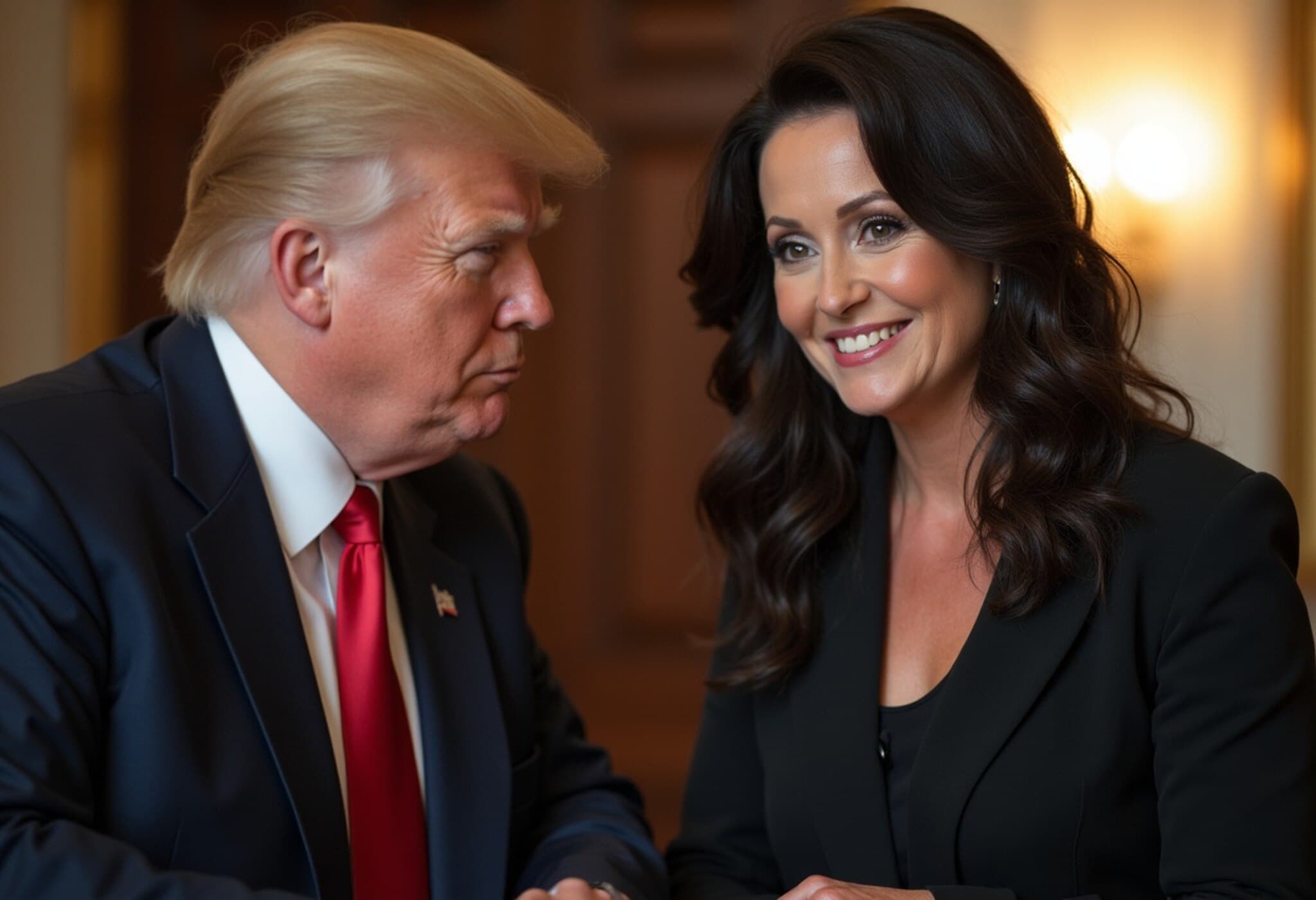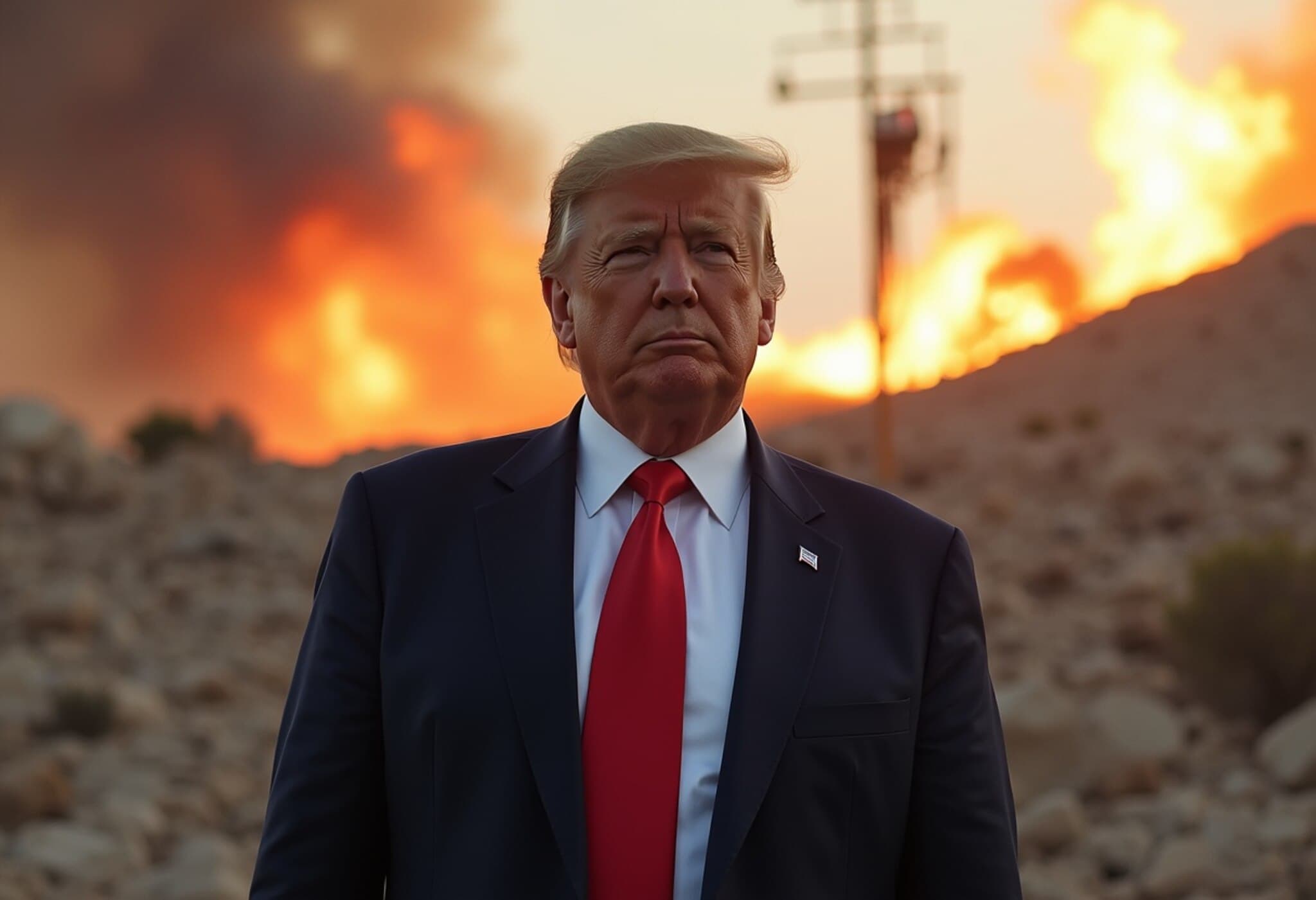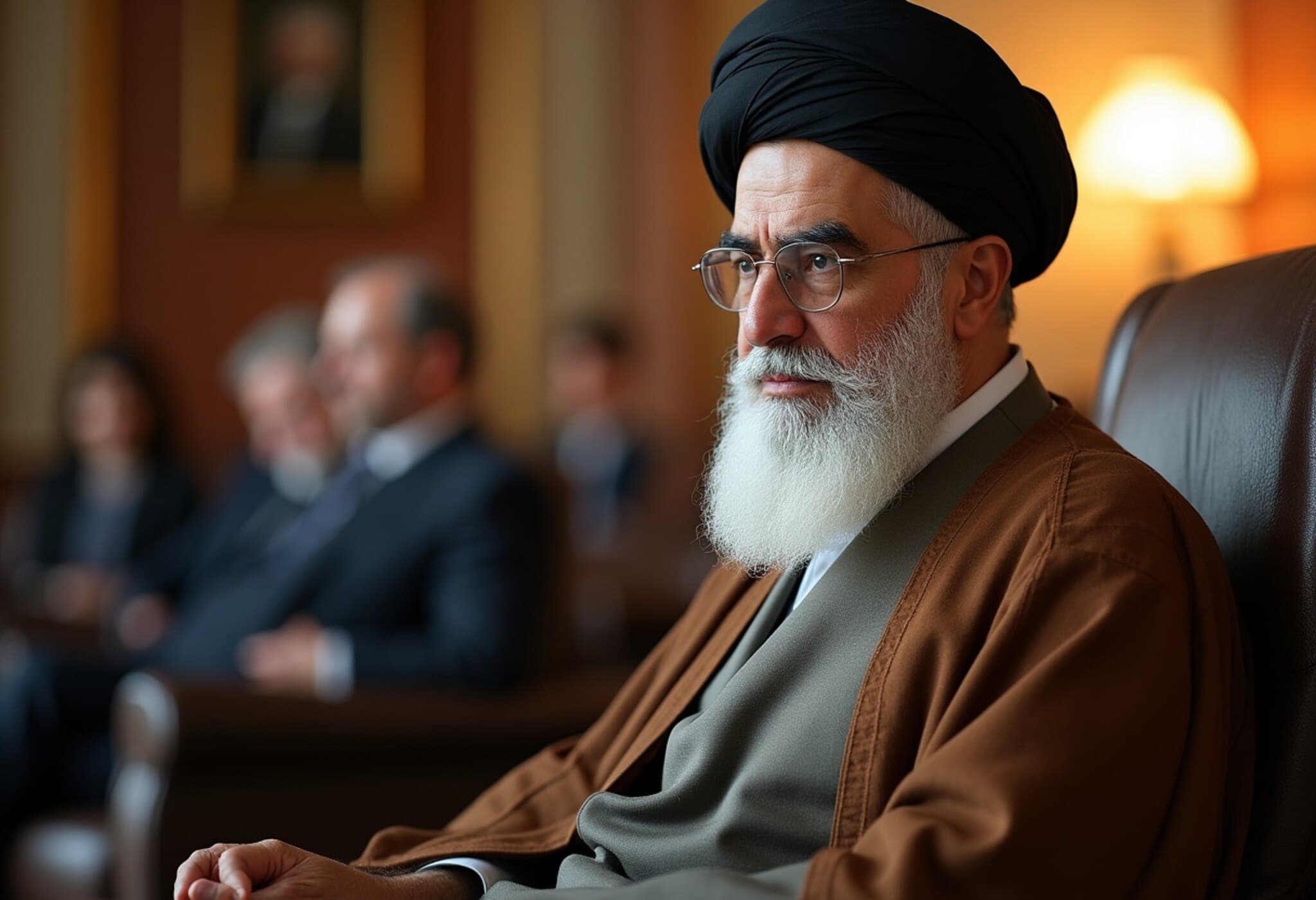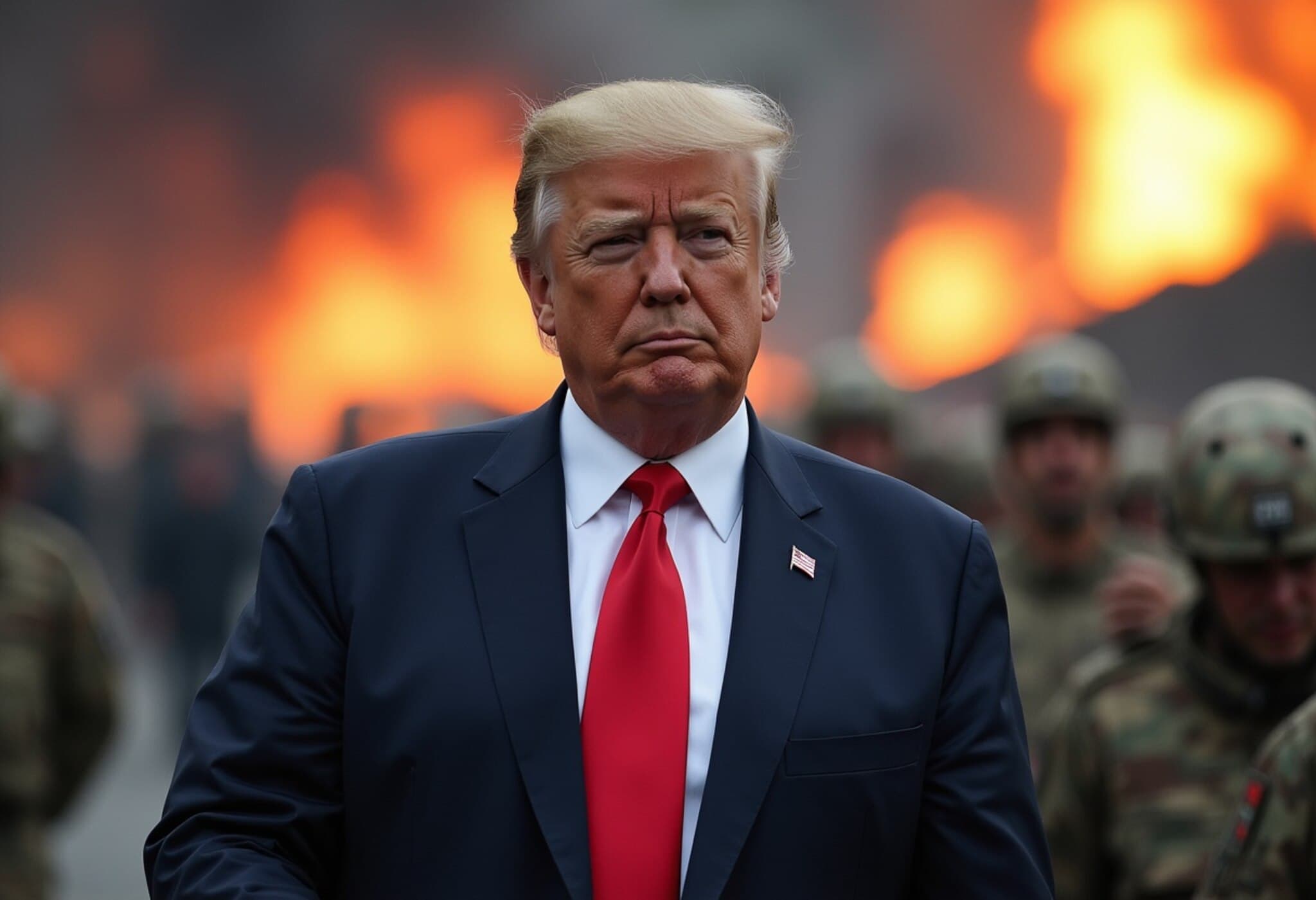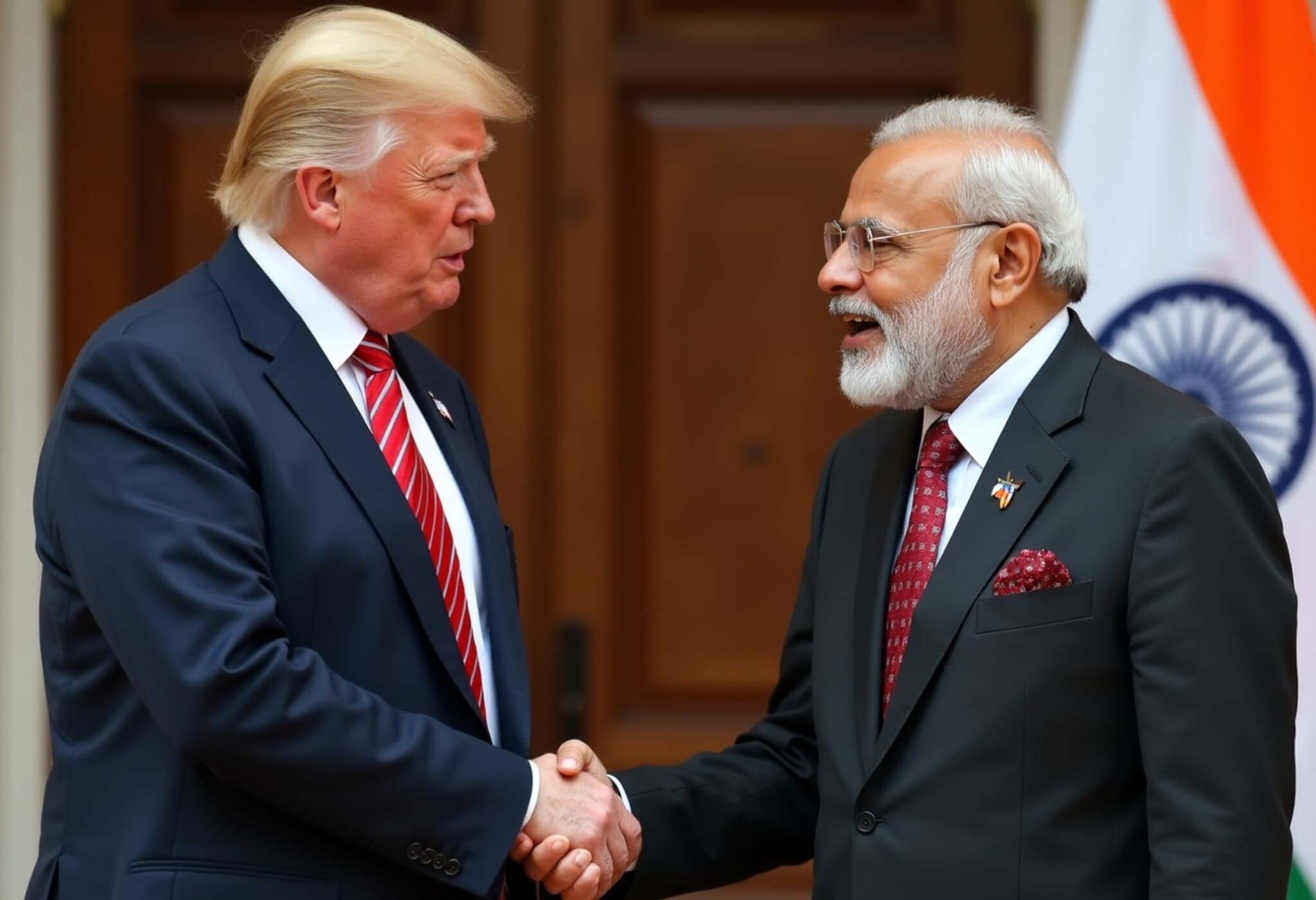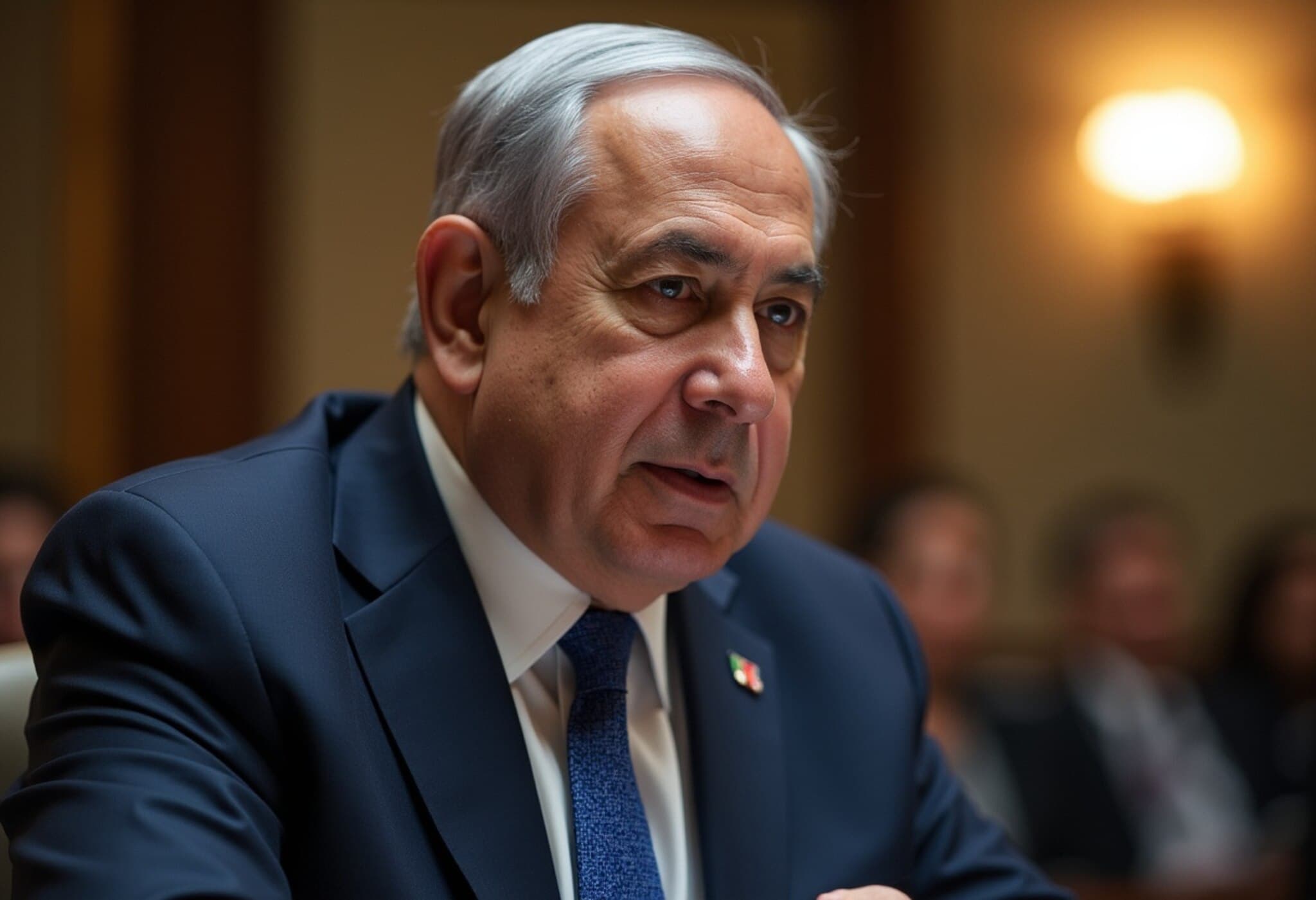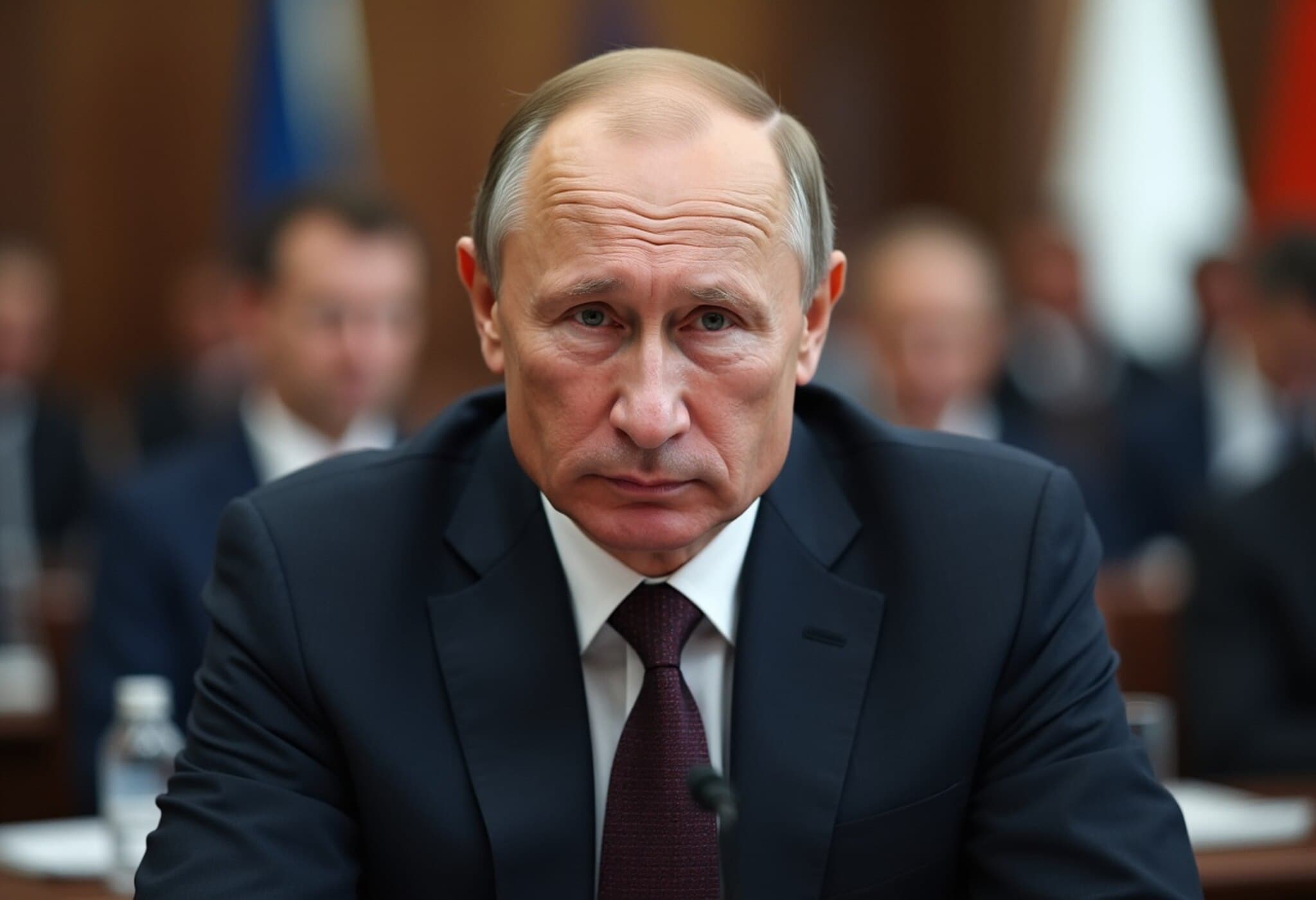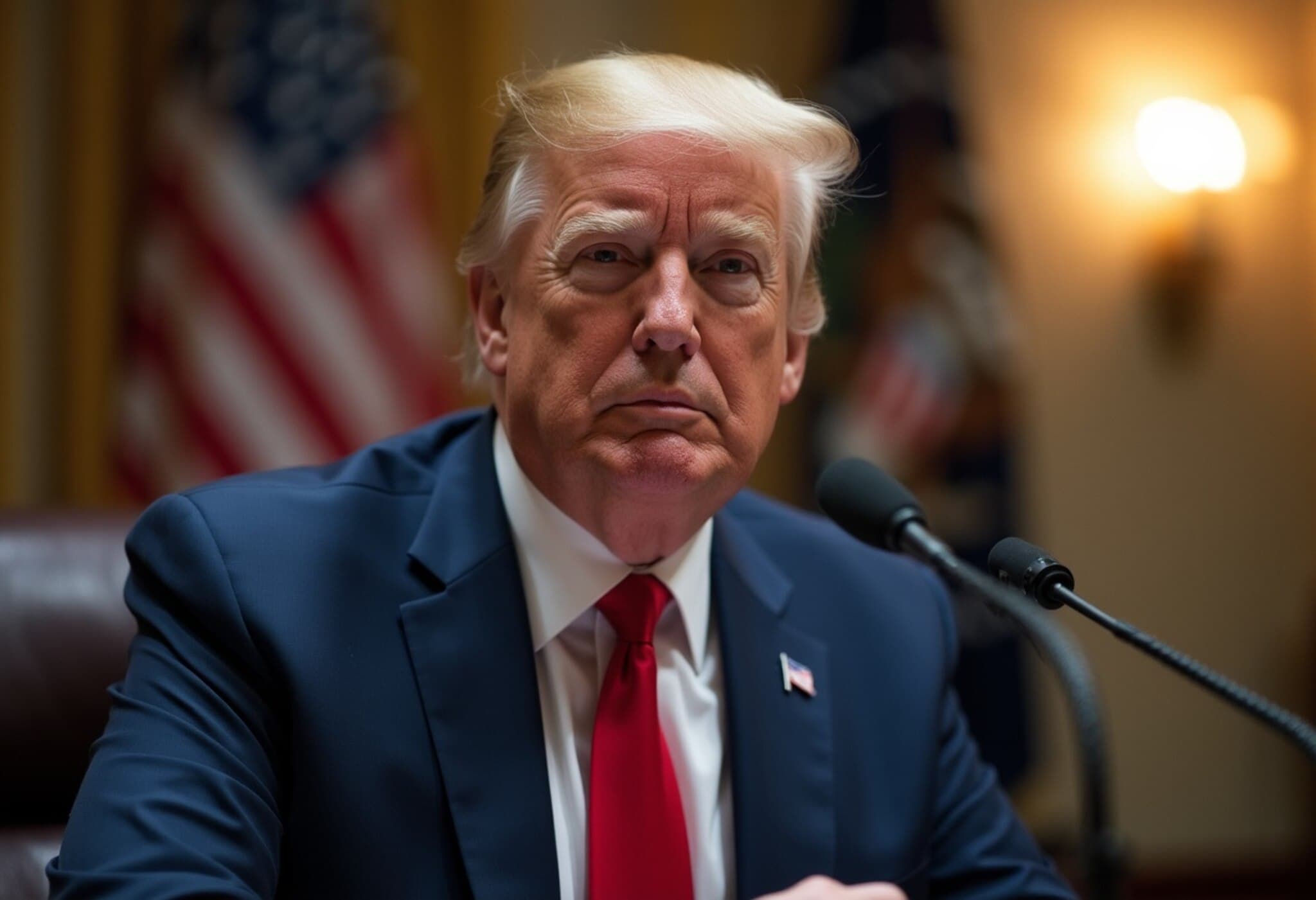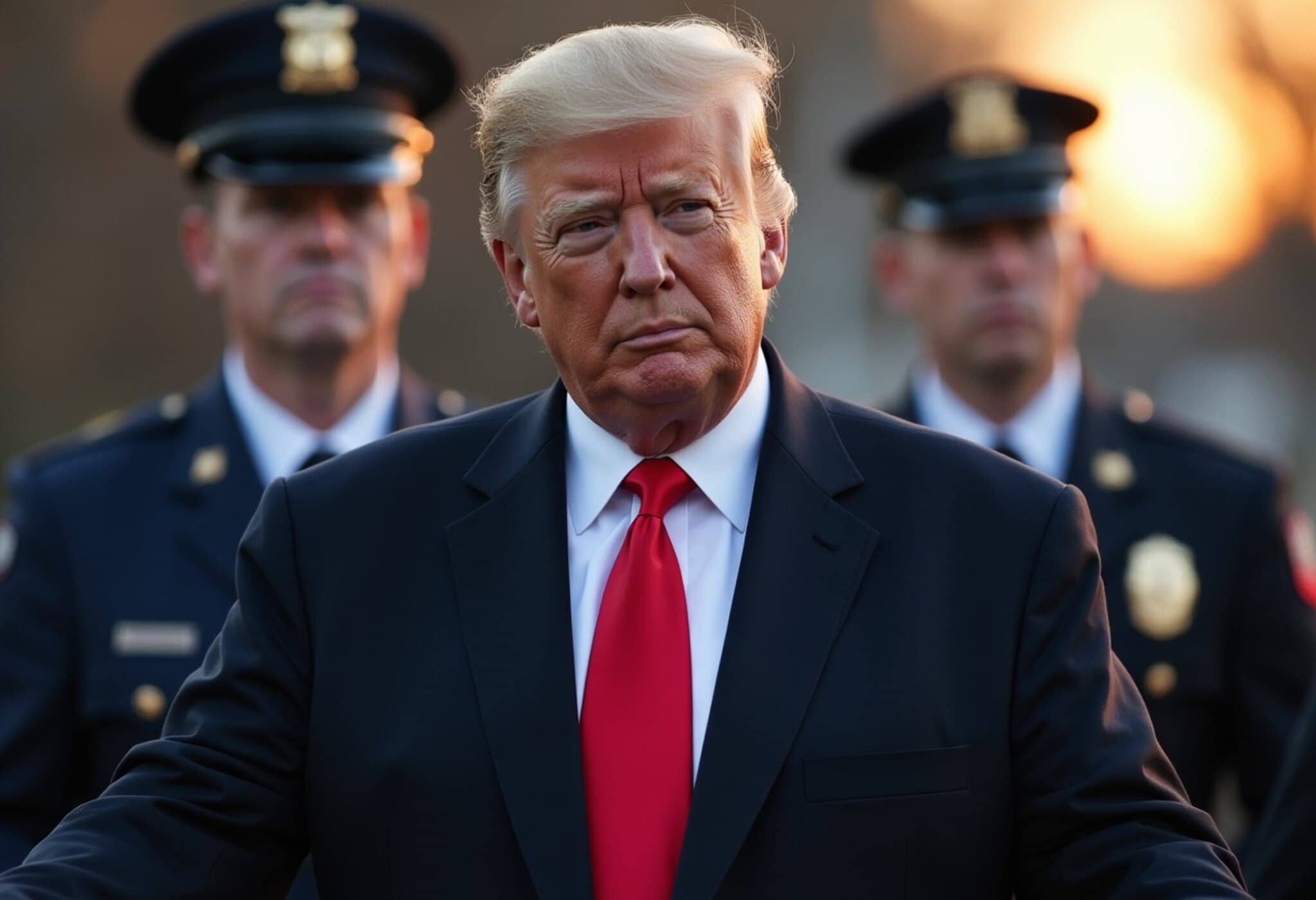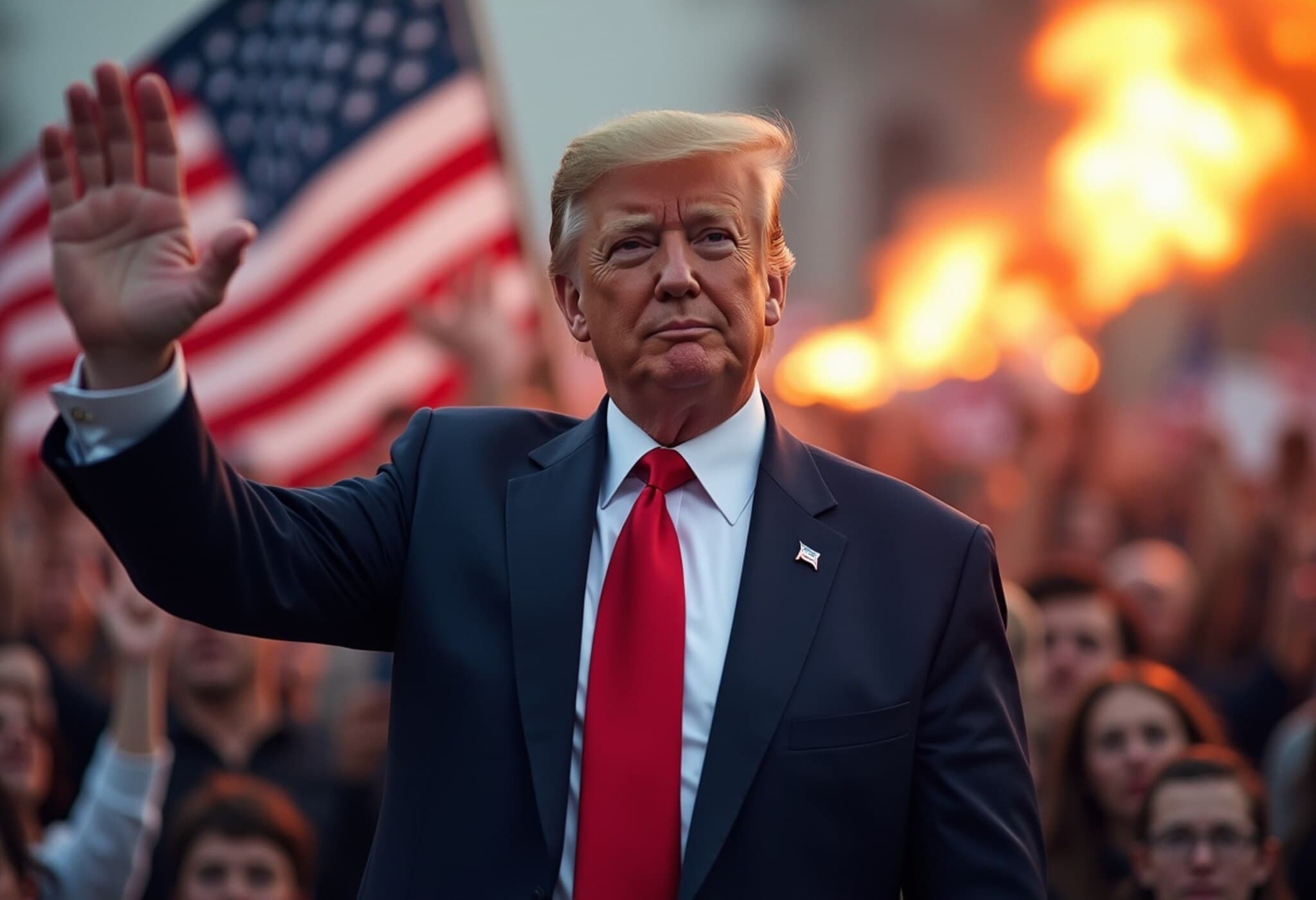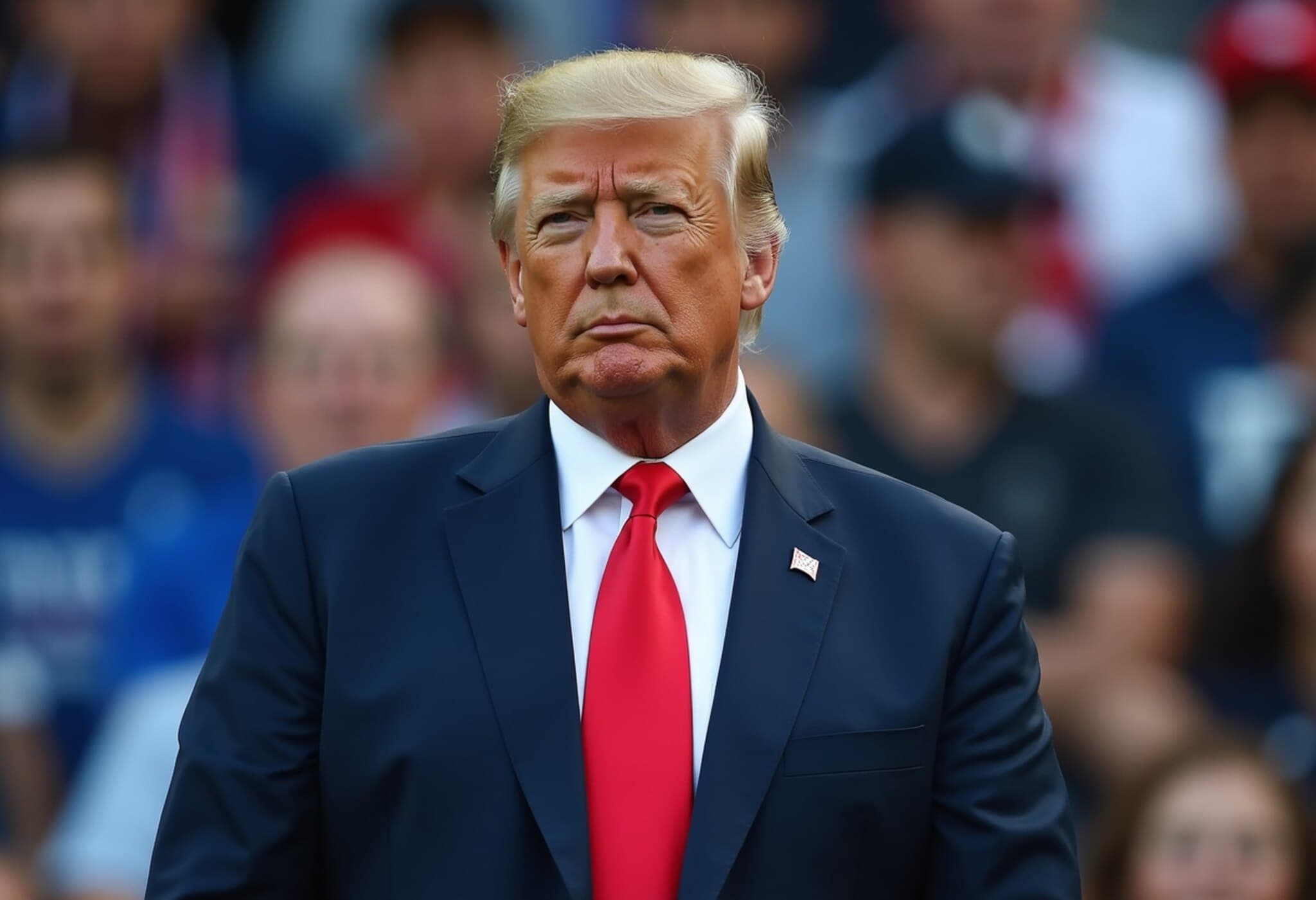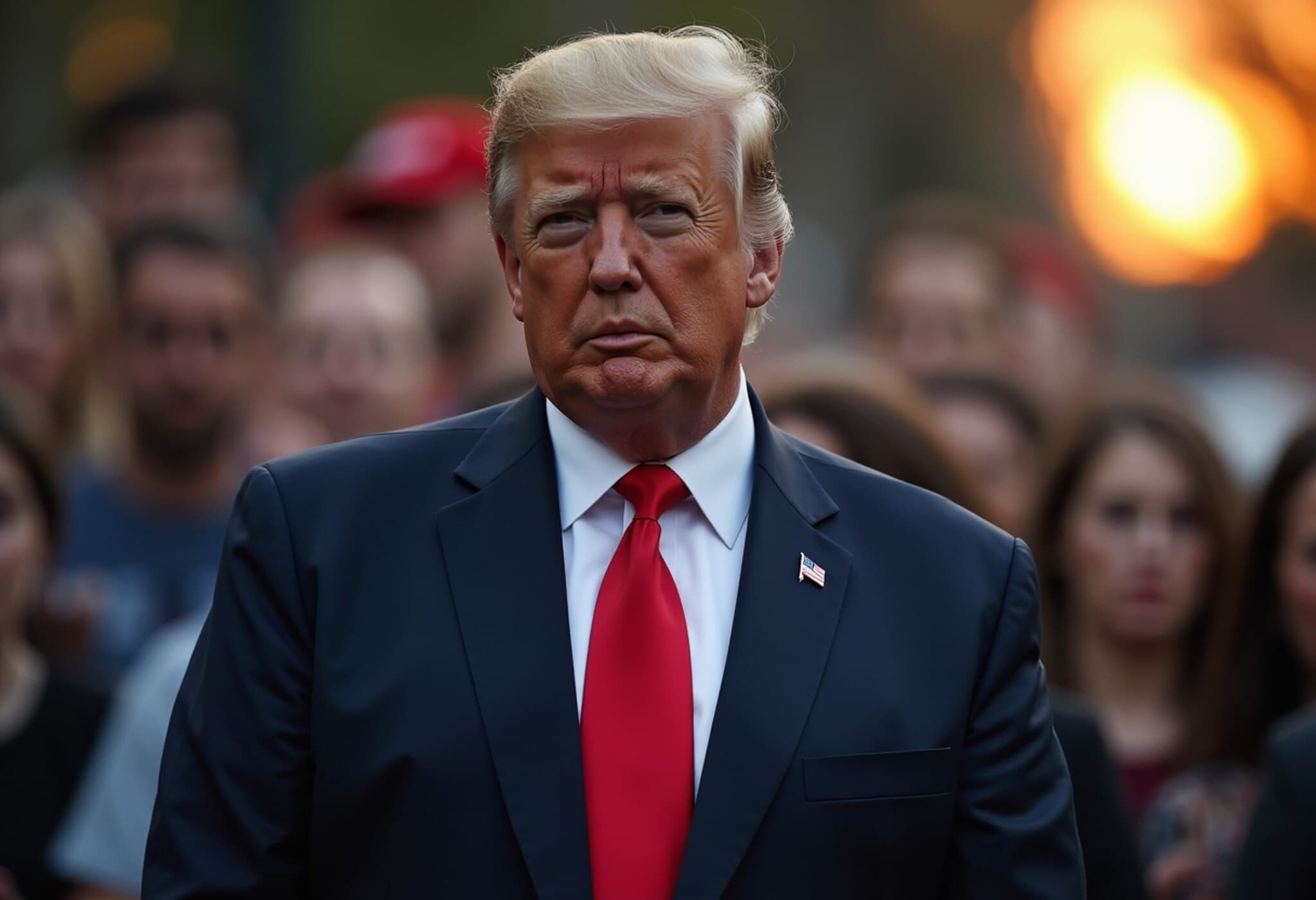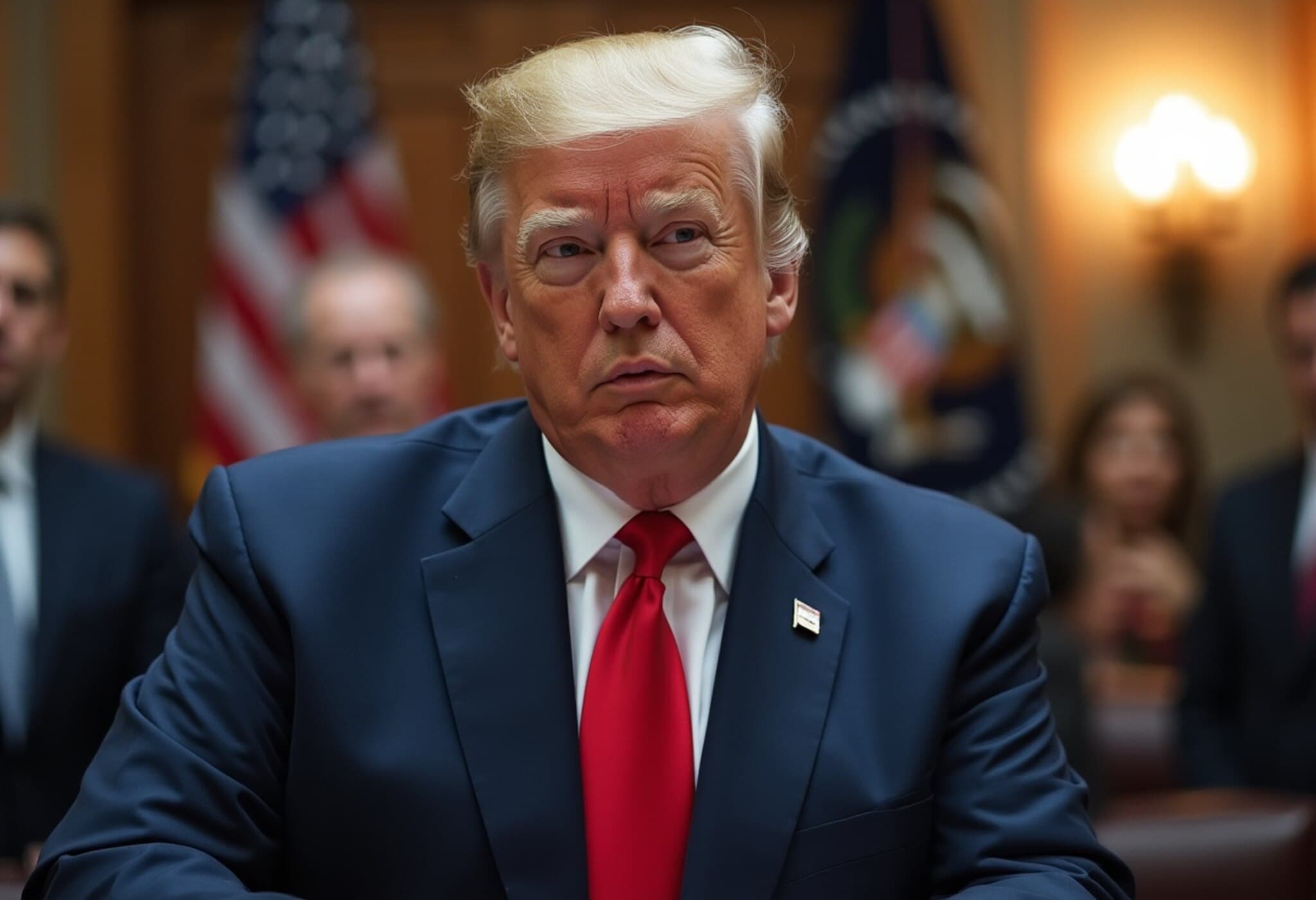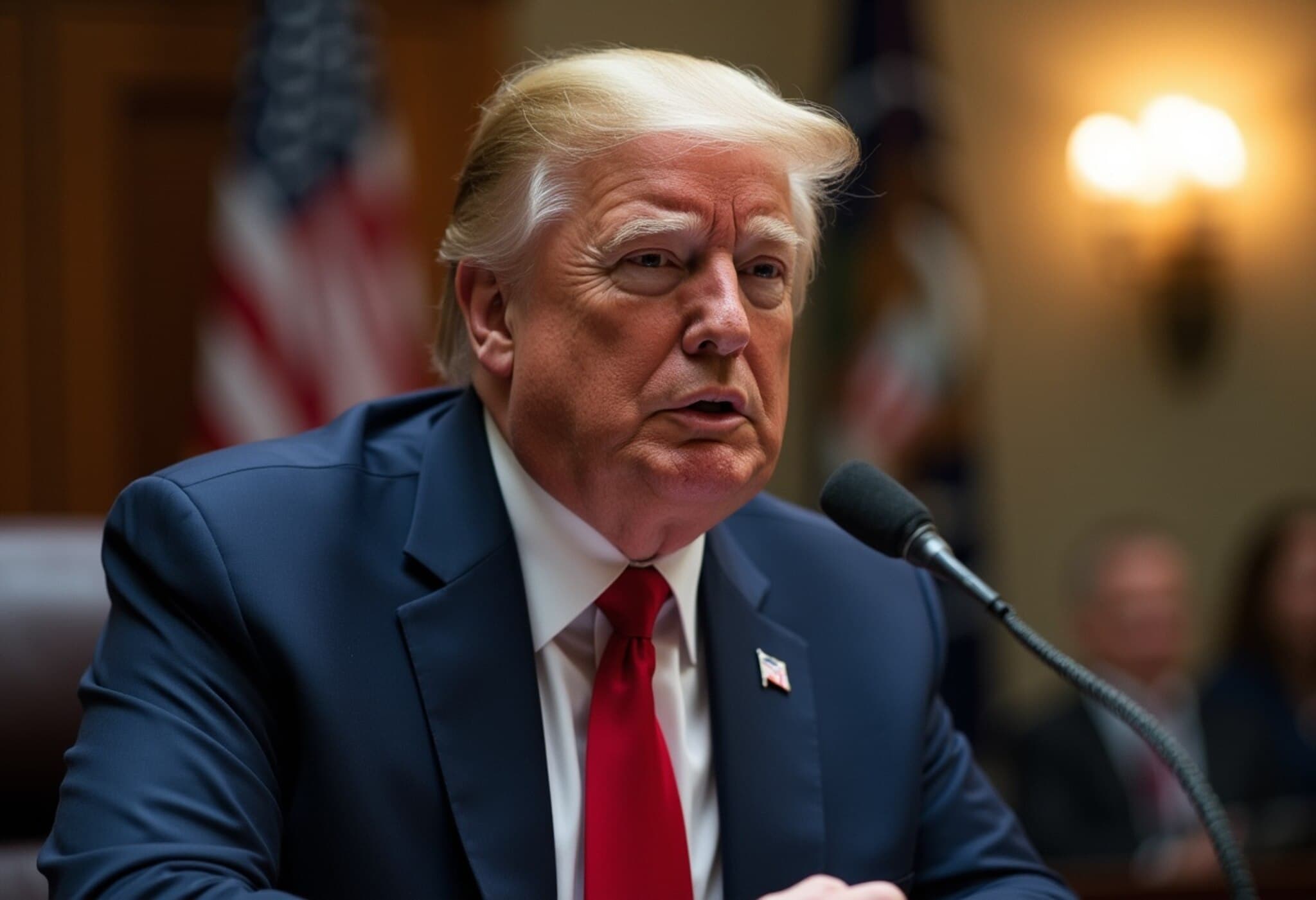Comedian Rosie O’Donnell Fires Back at Trump’s Citizenship Threat
In a fiery exchange that underscores a long-standing rivalry, Emmy-winning comedian and television host Rosie O’Donnell, now living in Ireland, has openly mocked former President Donald Trump after he threatened to revoke her U.S. citizenship. The spat reignited last week following Trump’s social media outburst branding O’Donnell a “threat to humanity” and hinting at stripping her nationality — a move legally questionable under the U.S. Constitution.
From New York to Ireland: An American Voice in Exile
O’Donnell, who moved with her family to Ireland in April 2025, continues to wield her platform internationally, blending sharp wit with pointed political commentary. Speaking with The Irish Times, she explained her decision to leave America despite the personal and professional upheaval. “People tell me to just forget about Trump now that I’ve moved, but the stakes are too high,” she stated. “The crimes are too big, and my voice is more necessary than ever.”
Her criticism spans beyond mere rhetoric; she accused Trump of undermining early warning systems, an allegation hotly contested by his supporters but emblematic of the deep mistrust many feel towards his administration’s policy decisions.
Trump’s Unconstitutional Threat and Its Legal Limits
Trump’s suggestion to revoke O’Donnell’s citizenship stirred both outrage and legal debate. U.S. citizenship — especially for those born on American soil like O’Donnell — is constitutionally protected. Article XIV of the U.S. Constitution guarantees birthright citizenship, a safeguard that has been reaffirmed repeatedly in federal courts. Indeed, just days prior to the threat, a federal judge temporarily blocked Trump’s efforts to restrict birthright citizenship, underscoring the judiciary's resistance to such executive overreach.
Experts caution that Trump lacks the legal authority to unilaterally revoke citizenship without due process, making his threat more of a political provocation than a plausible action.
Resurfacing Resentments: A Two-Decade-Long Public Feud
The antagonism between Trump and O’Donnell dates back nearly 20 years, erupting notably in 2006 when she criticized him on the television show The View for hypocritically commenting on morality amid his widely publicized extramarital affairs. This personal animosity has intertwined with broader cultural and political divides, with O’Donnell symbolizing a segment of Americans who reject Trump’s populist nationalism and combative style.
In response to Trump’s provocative tweets, O’Donnell did not hold back, calling him “King Joffrey with a tangerine spray tan,” referencing the notoriously cruel and petulant ruler from the popular series Game of Thrones. Her quip captures the widespread perception of Trump as a divisive, authoritarian figure, while asserting her resilient stance as a defiant American voice from abroad.
The Broader Exodus: Intellectuals and Artists Seeking Refuge
O’Donnell’s move is part of a larger pattern of prominent Americans relocating overseas in response to the political climate under Trump’s presidency. For instance, eight American scientists recently accepted an invitation to continue their research at the University of Aix-Marseille after concerns over academic freedom surfaced in the U.S.
This diaspora signals not just political dissent but a potential brain drain and cultural shift, raising questions about America’s global appeal and internal cohesion amid polarized governance.
What’s at Stake? More Than Just a Feud
- Constitutional Integrity: Trump’s threat highlights ongoing challenges to established rights like birthright citizenship.
- Freedom of Expression: O’Donnell exemplifies the role of dissenting voices shaping political discourse, even from abroad.
- American Identity in Flux: The relocation of public figures and intellectuals underscores a crisis of confidence in American values and institutions.
Editor’s Note
This public spat between Rosie O’Donnell and Donald Trump encapsulates a much deeper fissure in American society—where personal vendettas, constitutional debates, and political exile converge. It invites reflection on the limits of executive power, the resilience of free speech, and the evolving nature of American citizenship in a polarized era. As voices like O’Donnell’s continue to challenge authority from outside the U.S., policymakers and citizens alike must reckon with what it truly means to belong to this country and how constitutional protections are upheld or threatened in turbulent political climates.

